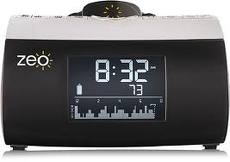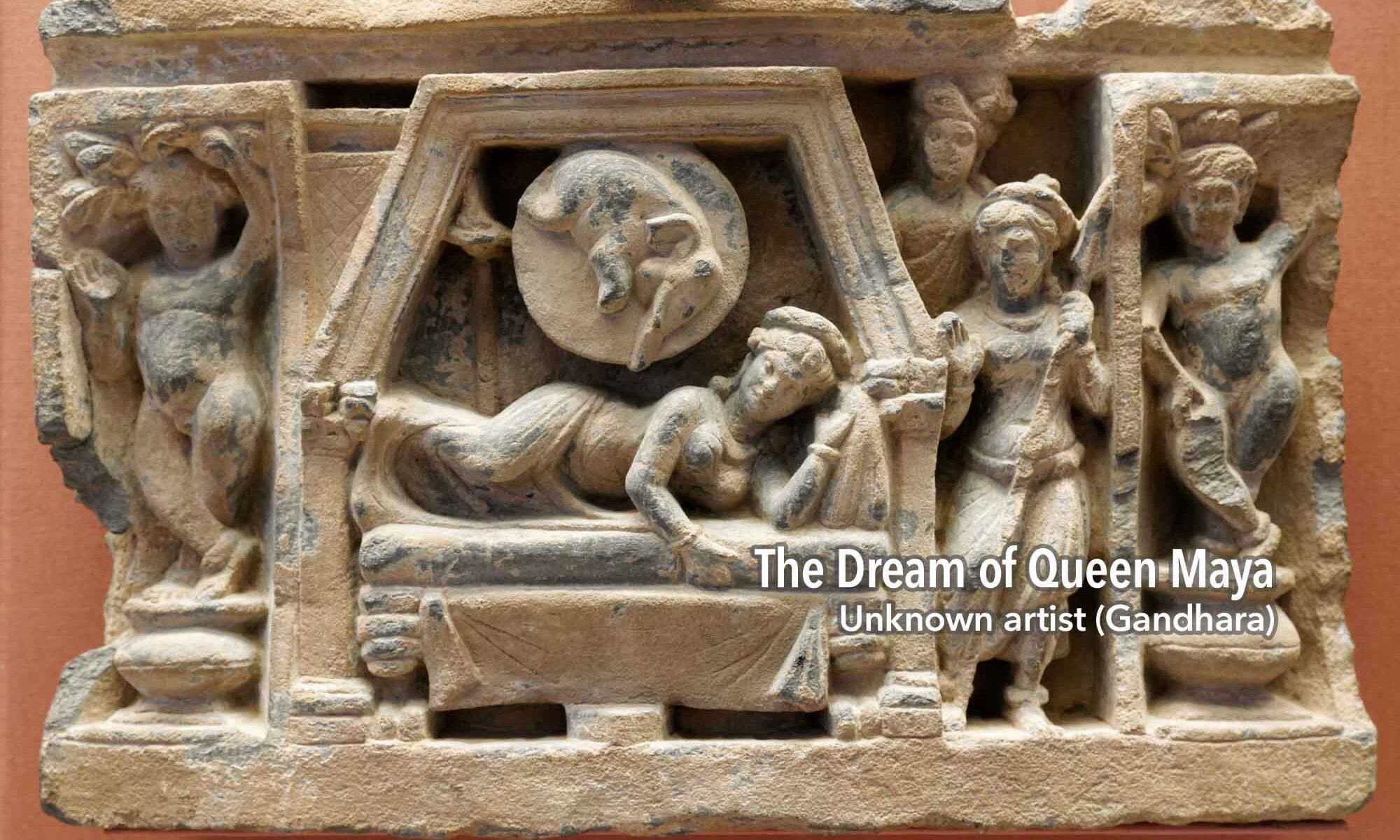 Since August of 2009 I have been using the Zeo Personal Sleep Coach, a new consumer electronics device that allows you to monitor your sleep cycles at home. It involves wearing a headband with a wireless sensor on your forehead that transmits data to a bedside clock while you sleep. The Zeo system then calculates the length of your sleep and the contours of your sleep cycle, divided into four stages: waking, light sleep, deep sleep, and REM sleep. Zeo has a website where you can upload your data and track the patterns over time.
Since August of 2009 I have been using the Zeo Personal Sleep Coach, a new consumer electronics device that allows you to monitor your sleep cycles at home. It involves wearing a headband with a wireless sensor on your forehead that transmits data to a bedside clock while you sleep. The Zeo system then calculates the length of your sleep and the contours of your sleep cycle, divided into four stages: waking, light sleep, deep sleep, and REM sleep. Zeo has a website where you can upload your data and track the patterns over time.
The motto of Zeo is “The more you know, the better you sleep.” I was skeptical at first, as I assumed the headband would be uncomfortable and distracting. Now, after 350+ nights of using the Zeo, I’m convinced it’s true. I already slept pretty well before using the Zeo, but the information I get from it has made me much more sensitive to factors affecting my sleep, for good and for ill. Zeo calculates a single number, the “Z Score,” to summarize the overall quality of your night’s sleep. 100 is the baseline and represents a good night’s sleep (calibrated according to your answers in the introductory survey). A Z score below 100 is a less-than-optimum night’s sleep, and a Z score of 100 or more indicates an excellent night’s sleep.
My worst Z score is 68, the night after hosting a big party at our house. My best Z score is 125, which came just last week on the first night of a vacation in Mexico. I seem to average in the high 80s and low 90s during a regular week.
During this same time period I have, as usual, been keeping a dream journal. My goal has been to gather at least a year’s worth of Zeo and dream material to work with before trying to correlate the two sources of data. On a parallel track, I’ve been developing a digital archive and search engine (the Sleep and Dream Database) to provide new analytic tools for engaging in this kind of comparative study.
So I’m just about ready to address my primary question about the Zeo: Do the patterns of your sleep match up in any way with the patterns of your dreaming?

Hi Kelly! I’ve been using Zeo, too, (though not with your determination) and have found it very helpful in finding the right habits for a better night’s sleep. I can’t wait to see the results of your research.
My subjective impression has been that dream recall is not associated in a simple way with the Z score. I’ve had 100+ night’s sleeps with no dream recall and nights of 70s Z score and remembered dreams. But it does seem that the few really long dreams I have happen after a long night’s sleep.
The statement that a ZQ score of 100 or greater is required for “optimal” sleep is not accurate. As stated on Zeo’s website and in the brochure that comes with the machine, everyone has a different “optimal” sleep score. It also changes with age.